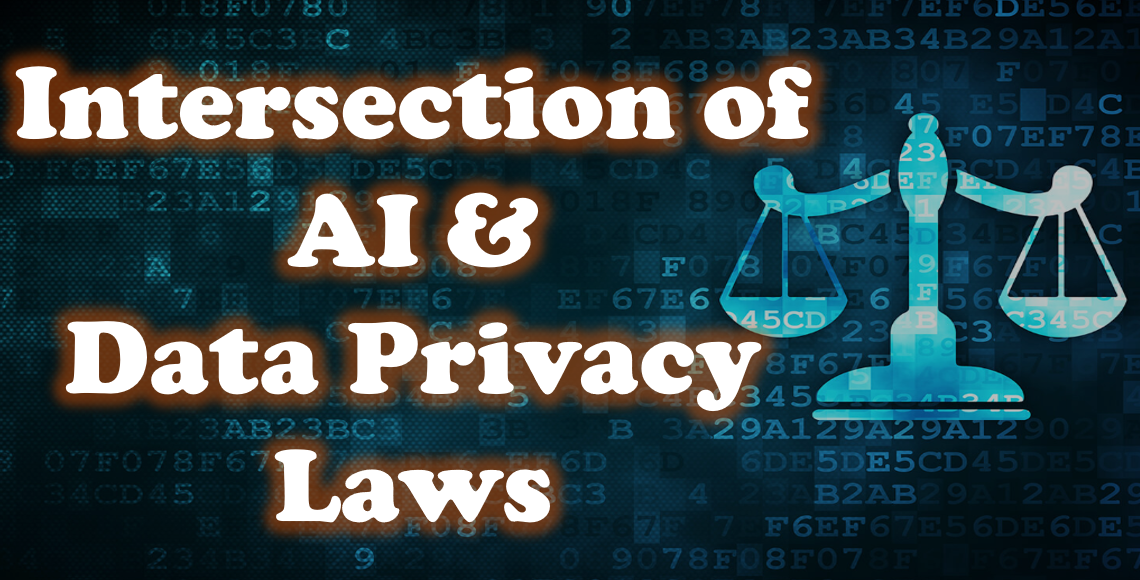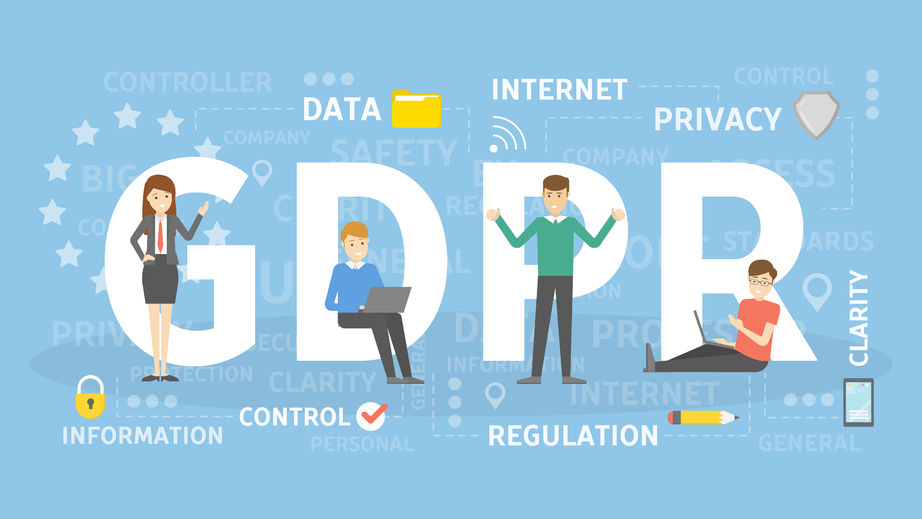How to Align Your Business with LGPD Regulations
Introduction
Brazil’s General Data Protection Law (LGPD) is a major development in Latin American privacy regulation. Enacted in 2020, it aims to protect personal data and aligns with global standards like the EU’s GDPR. Let’s explore its principles, differences from GDPR, enforcement measures, and impacts on businesses and consumers.
Key Principles of LGPD

The LGPD focuses on three main principles:
- Consent: Individuals must give clear and informed consent before their data is collected. They can also withdraw consent at any time.
- Data Security: Organizations need to protect personal data from unauthorized access and breaches. Measures like encryption and regular audits can help.
- Transparency: Companies should clearly explain their data collection and usage to users.
These principles promote fair and secure data handling.
Comparison with GDPR
The LGPD is similar to the GDPR in many ways, but there are key differences:
Similarities
- Data Protection Scope: Both laws regulate personal data processing, regardless of where a company is based.
- Consumer Rights: Each law grants users the right to access, correct, and delete their personal data.
- Legal Basis for Processing: Consent is essential under both laws. Companies must also provide a legal reason for collecting data.
Differences
- Supervisory Authorities: GDPR enforcement is managed by national authorities, while LGPD relies solely on Brazil’s National Data Protection Authority (ANPD).
- Data Protection Officer (DPO): Under GDPR, appointing a DPO is often mandatory. The LGPD makes it optional, based on data volume and risk.
- Sensitive Data Definitions: LGPD defines sensitive data broadly, covering categories like religion, ethnicity, and sexual orientation.
Enforcement & Penalties

The ANPD oversees LGPD compliance and can enforce penalties:
- Fines: Violations can result in fines of up to 2% of a company’s revenue in Brazil, with a cap of R$50 million per violation.
- Sanctions: Besides fines, sanctions may include warnings or suspending data processing.
- Corrective Actions: The ANPD can also order businesses to adopt measures to address violations.
Impact on Businesses
To comply with LGPD, businesses should follow certain strategies:
- Review Data Practices: Analyze how personal data is collected and processed to ensure it meets LGPD requirements.
- Enhance Data Security: Use tools like encryption, access controls, and regular security assessments.
- Update Privacy Policies: Make policies clear, highlighting how personal data is collected and used.
- Train Employees: Educate staff about LGPD principles and the importance of data protection.
These steps can help businesses maintain compliance and build trust with consumers.
Consumer Rights Under LGPD

LGPD empowers consumers with several rights:
- Right to Access: Individuals can ask what data a company holds about them.
- Right to Deletion: They can request their data be deleted if it is no longer needed.
- Right to Informed Consent: Consumers must know why their data is being collected before giving consent.
These rights enable consumers to have better control over their personal information.
Conclusion
Brazil’s LGPD aligns closely with global privacy standards like the GDPR. It emphasizes consent, data security, and transparency. For businesses, compliance means adopting strong data practices. For consumers, it ensures better data protection and more rights. As data privacy continues to evolve, LGPD stands as a strong example of comprehensive legislation. nsumers in an increasingly privacy-conscious world.


